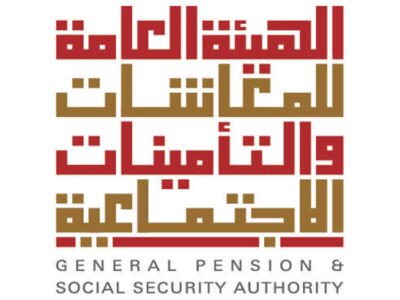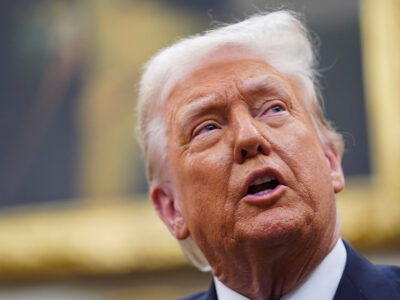Tuesday marks International Women’s Day. We have been recognising the occasion for decades (more than a century in some advanced nations) and yet, here we are again, repeating our call for parity.
In 2012, the UAE became one of only a handful of countries worldwide to make it compulsory for corporations and government agencies to include women on their boards of directors.
Announcing the historic decision, Sheikh Mohammed Bin Rashid Al Maktoum, Vice President and Prime Minister of the UAE and Ruler of Dubai, said, “women [have] proved themselves in many workplaces and today we want them to have a strong presence in decision-making positions in our institutions”.
Indeed, the UAE government has a stellar record of female inclusion in recent years. All three of the Cabinet’s new ministerial roles announced last month – ministers of happiness, tolerance and youth – were handed to women.
Additionally, about two-thirds of the public sector workforce are female and a commendable proportion are in senior positions.
There also have been advancements in Saudi Arabia – although to a much lesser degree. Women were for the first time allowed to contest municipal elections in December last year, although a ban on their public campaigning because it would potentially put them face to face with an unrelated male created an un-level playing field. Despite this, 17 were elected to office. With dozens of women also represented on the Shura Council, we can only hope such reforms continue to give women not only an equal political voice but basic human rights such as independent control of their finances and unlimited employment opportunities.
Even in Iran, the number of female members of parliament doubled after the momentous election on February 26.
On the other side of the world, new Canadian Prime Minister Justin Trudeau drew international attention in November when he named a gender-equal cabinet “because it’s 2015”.
But business still significantly lags behind – especially in the GCC. Women make up less than 5 percent of employees at a quarter of GCC companies, while none employ more than 35 percent (presumably discounting the number of all-female start-ups), according to consultancy firm A. T. Kearney.
Despite the new UAE requirements, less than 2 percent of board of director seats in the GCC are held by women (1.2 percent in the UAE), compared to 19 percent of S&P500 companies, according to A.T. Kearney.
That is a shocking and sad indictment of a region that in most cases purports itself to be a leader in all manner of industries, but is apparently too afraid to allow women to do that leading.
Of the women that are heading up significant companies, such as TECOM Group CEO Dr Amina Al Rustamani and the CEO of Jebel Ali Free Zone Authority (JAFZA) Salma Ali Saif bin Hareb, they have been appointed to government-run firms.
If there is one positive to take out of this picture, it is that governments, particularly in the UAE, are setting the example on gender parity. With an enormous proportion of the Gulf’s private companies owned and run by families who have been in business for generations, it may be some time before the sector catches up to the government.
But the smart ones will realise that lacking women on their books – including in top positions – is akin to depriving themselves of valuable business skills. In 2016, most of the world has realised that women make just as good – often better – leaders than men.
Thus, GCC businesses that continue to discriminate against women do so at their own peril.







